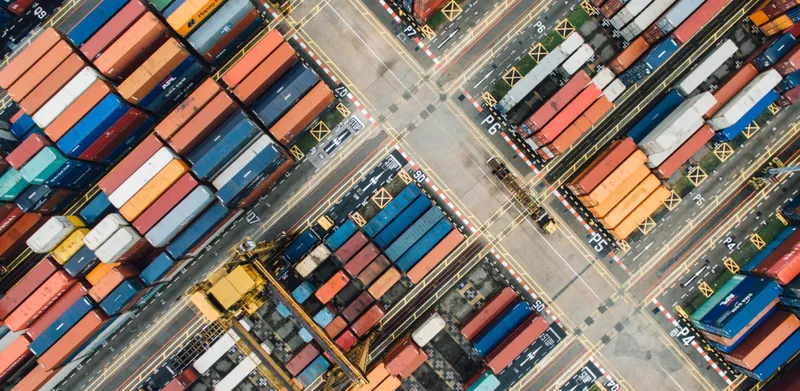It’s always been the case that the logistics sector has been key in helping the UK economy run smoothly, but since the implementation of lockdown measures in response to the COVID-19 crisis, its importance and role have been heightened and this needs to be recognised.
Often seen as a sector with acute labour and skills shortages and slow to adopt technology, the logistics sector has, during the Coronavirus pandemic, demonstrated its flexibility, resilience and ability to collaborate with other companies in the supply chain to fulfill customers’ requirements. This has been most notable in food retail logistics where companies have shared warehouse and truck facilities, often on a geographic/localised basis in order to ensure that goods have been available in food retail outlets. Operators have also switched, on a very short-term notice basis, warehousing capacity from non-essential items to essential items storage only.
E-fulfillment and home delivery, which even before the Coronavirus crisis has been one of the fastest growing areas of logistics, has had to cope with an unprecedented increase in demand and it has done this successfully. Delivery may take a bit longer at the moment, but that’s a demand issue. Homes and families are able to access items that they otherwise would not be able to, and this is key to helping everyone cope during an extended lockdown period.
These responses need to be recognised in the context of a sector which has its own labour supply problems – it’s estimated that there is a deficit of c60,000 HGV drivers in the UK – which have been compounded by warehouse staff and drivers having to quarantine due to COVID-19 symptoms.
So next time you do your food shopping, or a home delivery package arrives, please remember how it got there and the heroic efforts of the logistics sector to get it to you. Three cheers for the UK logistics sector!
What next?
If you have any questions in regards to the logistics sector, please get in touch with Philip Bird.


